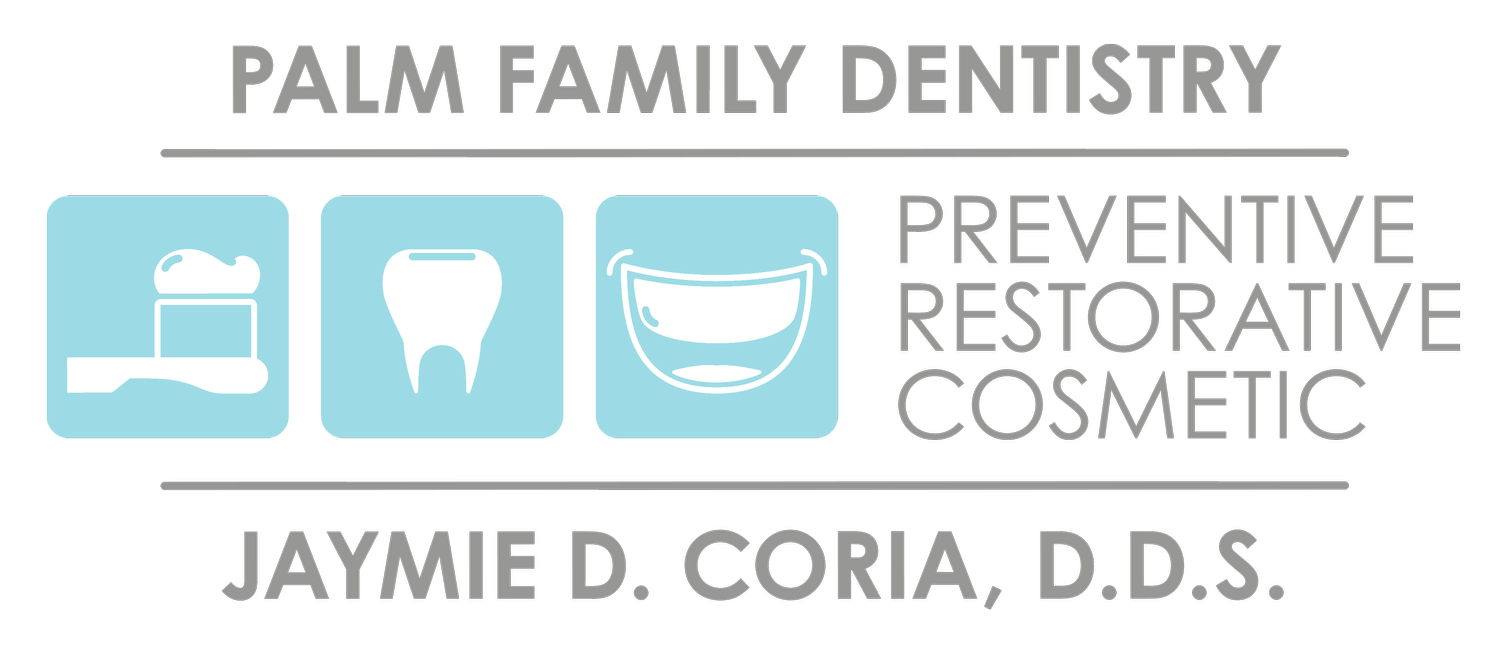Dental Appliances
TMJ/TMD Night Guards
Want to know one excellent way to combat the bothersome habit of nighttime bruxism, or teeth grinding? Use of a night guard -- every time you sleep. If you think the trouble or expense of a dental night guard isn't worth it, or you aren't even entirely sure it's tooth-grinding behind what seem to be increasingly shorter teeth, headaches, jaw pain and a perturbed sleep partner, it's probably time to visit your dentist. Based on the amount of damage you may have already done and the symptoms you describe, Dr. Coria can determine whether a night mouth guard is right for you.
Once your Dr. Coria determines that you're a good candidate for a night guard, she will create one that's custom-made for your mouth. A professionally made night guard for teeth is composed of soft material and slides over one row of your teeth. Once your dental night guard is in place, you can sleep soundly knowing that even if you do grind your teeth once you're asleep, your upper and lower teeth will no longer make contact.
Snore Guard
Dental treatment for snoring includes oral appliances such as Silent Nite. Resembling a night guard, Silent Nite is a custom-made snore prevention device that is flexible, thin and comfortable to wear.
Snoring occurs during sleep when the muscles are relaxed and the breathing airway constricts. This constriction increases the speed of air going through, which in turn causes the soft palate and uvula to vibrate. This vibration is what we know as snoring.
Sports Mouthguards
Participating in any physical activity involves a risk of contact with the face and mouth. Although many sports teams require some protective gear, the delicate teeth are often overlooked. Considering that even minor direct force can cause teeth to chip, break or come loose, a mouthguard is a crucial piece of equipment for all active or athletic activities.
Mouthguards are especially crucial during contact sports such as football, hockey or boxing, where blows to the body and face are regular occurrences. But even non-contact sports such as gymnastics, and recreational pastimes such as skating or mountain biking, still pose a risk to the teeth.
When participating in any activity that may result in injury to the mouth, dentists recommend that the teeth be properly shielded with some form of dental mouthguard.
